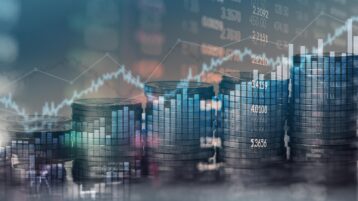As central banks grapple with high inflation, global investors look for new ways to evaluate investment opportunities. Kim Parlee speaks with Phil Davis, founder of Philstockworld.com and PSW Investments about what company metrics he is watching.
Warning: file(https://www.moneytalkgo.com/wp-content/uploads/2022/12/221101_MT-Davis-encorrected.vtt): failed to open stream: HTTP request failed! HTTP/1.0 404 Not Found in /home/tdwealth/public_html/wp-content/themes/electron/views/single-video.php on line 231
Warning: Invalid argument supplied for foreach() in /home/tdwealth/public_html/wp-content/themes/electron/views/single-video.php on line 235
Print Transcript



























